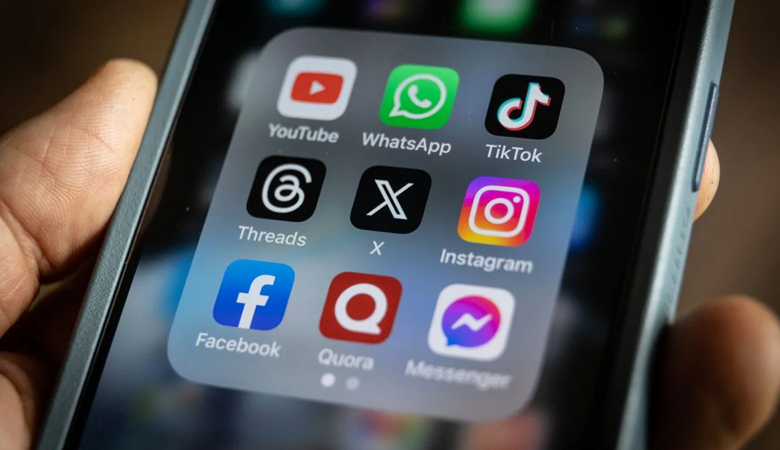Bangladesh Bans Instagram, WhatsApp, YouTube, and Other Social Media Platforms

News Mania Desk/Agnibeena Ghosh/3rd August 2024
Bangladesh has recently announced a ban on several prominent social media platforms, including Instagram, TikTok, WhatsApp, and YouTube. This decision, revealed on Friday, August 2, has significantly limited access to these popular social networks throughout the country.
Global Eyes News was the first to report this development through its official X account, confirming that as of Friday, these social media platforms would be restricted across Bangladesh. This action mirrors a similar move by Turkey, which also banned Instagram earlier the same day.
This latest ban in Bangladesh follows a pattern of previous restrictions on Meta’s platforms, such as Instagram and Facebook. In July, these platforms were suspended in response to widespread unrest related to quota reforms. According to sources, access to Meta’s platforms was cut off via mobile networks around 12:15 PM on August 2. Unlike the comprehensive shutdown in July, the current restrictions are primarily targeting mobile data connections.
Reports indicate that the country’s internet speed had returned to normal levels on August 1. However, with millions of mobile network users affected by the Facebook restriction, there is an anticipated surge in the use of Virtual Private Networks (VPNs). This increase in VPN usage could potentially slow down overall internet speeds again.
This ban is part of a series of internet restrictions that began in July. Mobile internet was first disabled on July 17, followed by a broadband shutdown on July 18. While broadband services were partially restored on July 23, mobile networks remained offline until July 28.
The government’s decision to impose these bans is likely aimed at controlling the flow of information and maintaining public order. However, it has sparked considerable debate and concern among users and digital rights advocates. The restriction of such widely-used platforms impacts communication, business operations, and access to information, raising questions about the balance between security and freedom of expression.
In the wake of these restrictions, many users are expected to turn to VPNs to bypass the bans. VPNs can help users access blocked websites by masking their location, but this workaround can lead to slower internet speeds and may not be accessible to everyone, particularly those who are less tech-savvy.
The ongoing internet restrictions and social media bans reflect broader challenges faced by countries trying to manage the rapid spread of digital information. Governments often cite security and public order as reasons for these actions, but the impacts on everyday life and economic activities are substantial.
Digital rights groups argue that such measures are excessive and infringe on individuals’ rights to free expression and access to information. They call for more transparent and proportional responses to issues of public unrest and misinformation, rather than broad and sweeping bans.
As the situation evolves, it remains to be seen how long the current restrictions will last and what further measures might be implemented. The international community and human rights organizations are likely to keep a close watch on developments in Bangladesh, advocating for the restoration of unrestricted internet access and the protection of digital rights.






